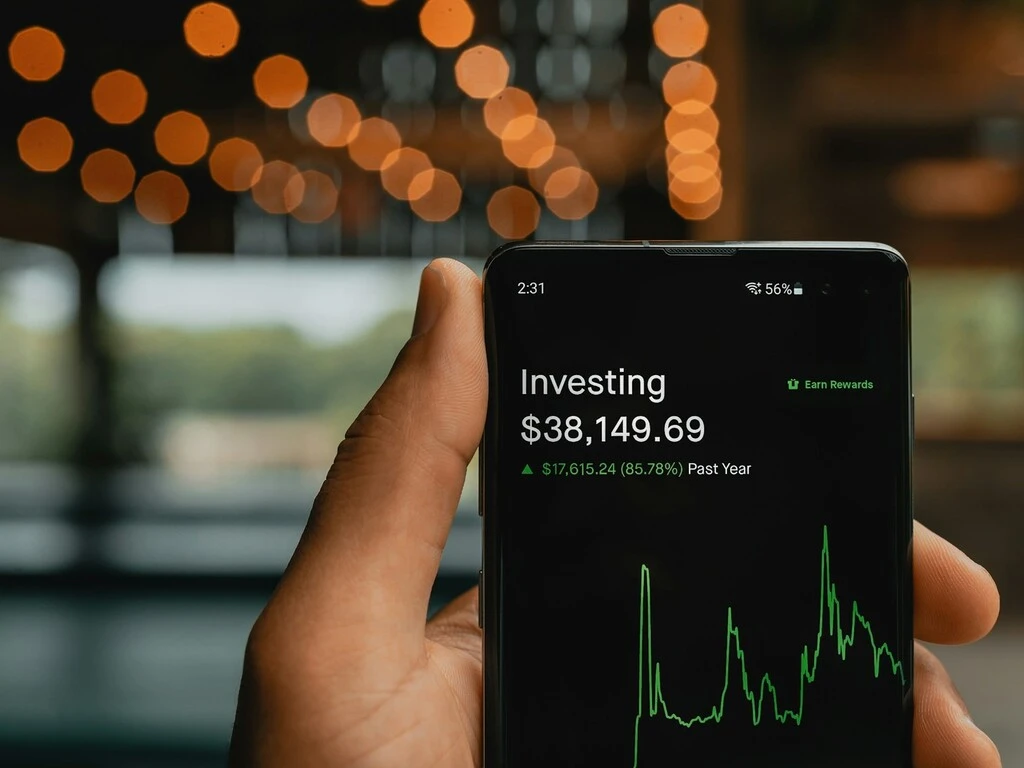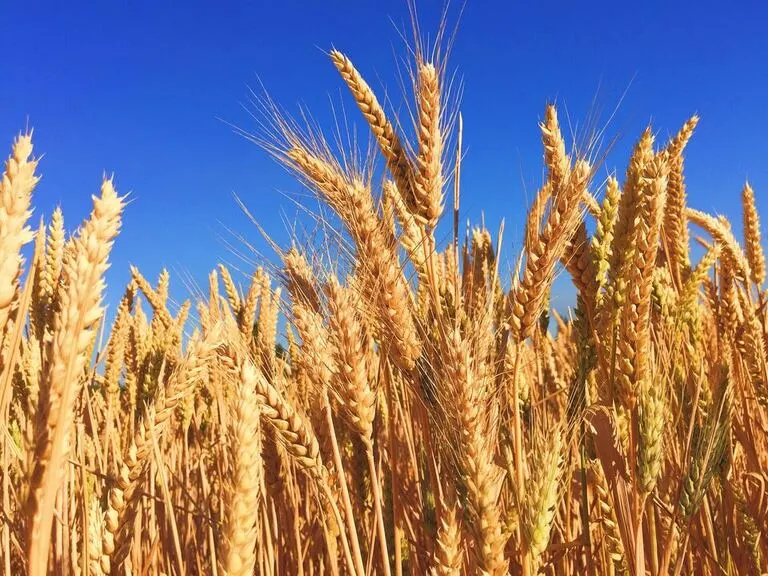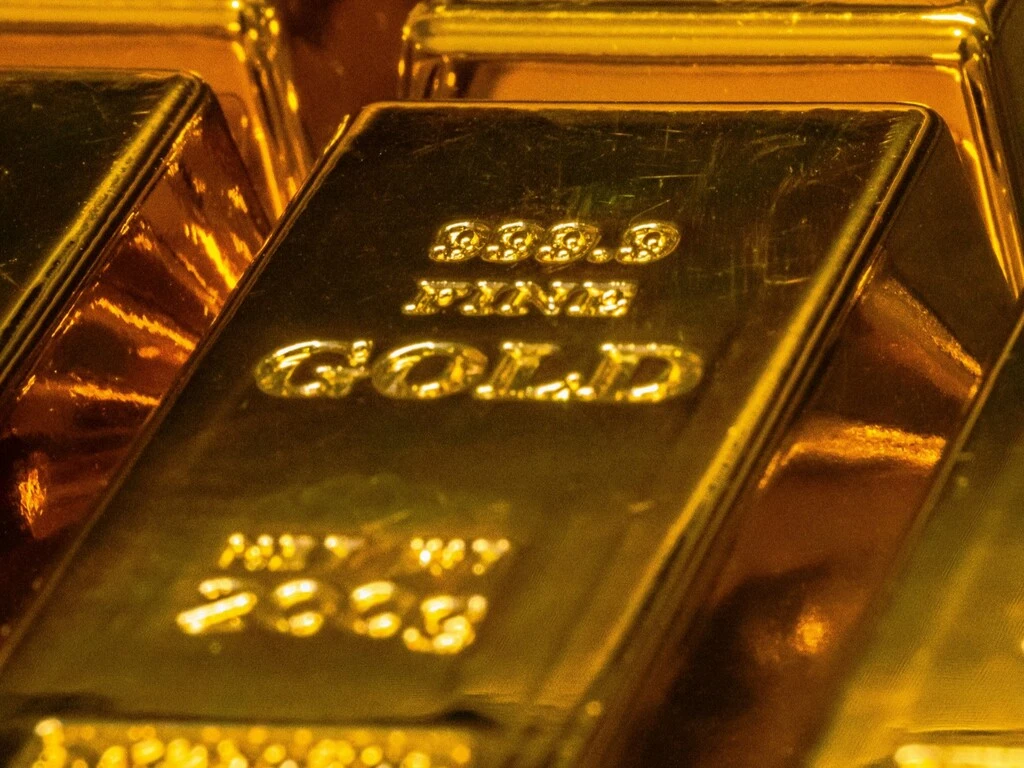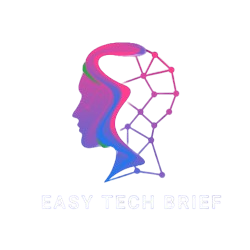Did you know that asset tokenization is set to revolutionize the financial industry in the coming years?
And nearly every asset can be tokenized!
Tokenization, a key component of digital assets, is gaining momentum and is expected to significantly impact the financial industry by enhancing liquidity, cost-effectiveness, and transaction transparency.
What exactly is asset tokenization?
Asset tokenization is the process of converting physical assets into digital tokens on a blockchain, ensuring security and transparency. These tokens represent ownership rights and the value of the underlying assets.
Importantly, they are tradable on digital asset exchanges and can be divided into smaller units, allowing for “fractional ownership.” This makes assets more accessible to investors. Holders must store their tokens in digital wallets.
How is Tokenization Making Investing More Accessible?
Examples of assets that can be tokenized:
1. Real estate

Real estate is the most popular tokenized asset due to its tangibility and high value. Various types of real estate—residential, commercial, industrial, and land—can be tokenized to enhance market liquidity
2. Art
Digital tokens can be backed by art, including valuable paintings from renowned artists. These tokens allow for easy storage, transfer, and tracking of ownership using blockchain technology.
3. Securities
Security tokens represent ownership in a company, similar to stocks, but are more liquid and accessible to retail investors. Here are some examples:
- Private Equity
Tokenization allows accredited investors to access private equity investments, which are often reserved for high-net-worth individuals and institutional investors, by lowering the unit price.

- Venture Capital
Venture capital investments typically have high barriers for retail investors, as they are usually accessible only to accredited investors. Tokenization helps budget-conscious investors gain easier access to this type of security. - Real Estate Investment Trusts (REITs)
Tokenized REITs enable projects to quickly raise funds from retail investors, thanks to their relatively stable yields and popularity in the financial market.
4. Commodities
- Precious Metals
Digital tokens provide an investment option in physical gold, silver, and other precious metals, bullions, or coins. They offer greater accessibility and eliminate the need for physical storage, reducing security risks for holders.
- Agricultural Products
Agricultural products like wheat, corn, soybeans, and palm oil can trade in substantial market volumes. Tokenization allows more investors to access these commodities without the need for physical ownership or storage.

- Energy Resources
Tokenization also benefits energy resources such as oil, gas, coal, and water. It lowers entry barriers by reducing the need for significant investment funds and expertise to navigate complex regulatory requirements.
5. Intellectual property
In traditional investment, intellectual property rights—such as patents, copyrights, and trademarks—are often inaccessible to investors. Tokenization expands investment opportunities and enables businesses to monetize their intellectual property assets.
From Fine Art to Gold Bullion: Real-World Use Cases of Asset Tokenization
The first Art Security Token (AST) for Picasso’s ‘Fillette au béret’
In 2021, Synum, the world’s first digital bank asset in Zurich, tokenized Picasso’s painting “Fillette au béret” as Art Security Tokens (ASTs). A total of 4,000 tokens were sold to over 50 investors for 1,000 Swiss francs ($1,040) each. Unlike NFTs, these tokens represented ownership of the physical artwork.
Perth Mint Gold Token (PMGT): Government-Accredited Gold Bullion Token
The Perth Mint Gold Token (PMGT) represents one gram of gold stored at The Perth Mint, accredited by the Australian government.

Token holders can exchange their digital tokens for physical gold, and PMGT is listed on the Australian Securities Exchange (ASX). Secure and insured by Lloyd’s of London, it offers a convenient investment option for gold bullion.
Conclusion
Digital assets, including cryptocurrency and digital tokens, are transforming finance and investment by enhancing accessibility and ownership transparency through blockchain technology. A significant wave of digital tokens is expected to impact the global economy in the coming years.
How can you seize this opportunity? Stay tuned for our upcoming articles to learn more!


